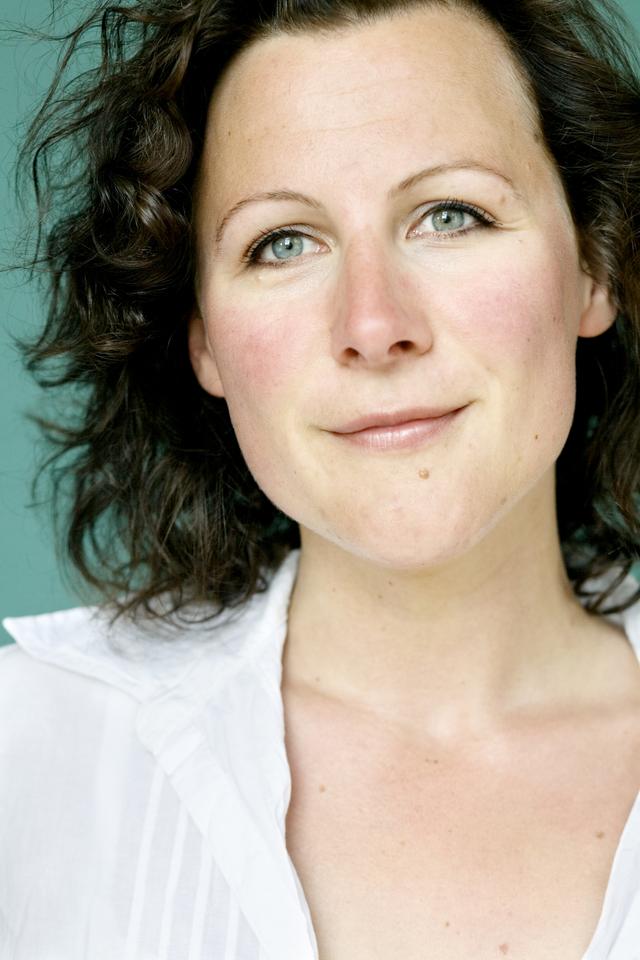The poetry of Ester Naomi Perquin
Ester Naomi Perquin made her début in 2007, after completing the poetry course at Amsterdam Creative Writing School, with the collection 'Servetten halfstok' (Napkins at Half Mast), a series of striking, tasteful images presented in an accessible style.

She revealed herself clearly as writing in the tradition of post-war poets of small-scale happiness and small-scale sorrow, like Rutger Kopland and Judith Herzberg, but also showed a more menacing side, for example in the short poem ‘At Full Moon’, in which a man is shaving and the association with a werewolf pops up: ‘and then with a razor/ shaves the wolf from his face.’ In other poems too, in which she evokes the image of a young, questing woman full of longings and melancholy childhood memories, she sometimes suddely throttles the original idea. A typical line is ‘I can’t stand little lambs’. Sometimes also her images transcend what originally prompted them and take on a slightly surrealistic quality.
You could characterise her work with the phrase ‘polite oddity’. That is certainly equally true of her last collection, Celinspecties (Cell Inspections), in which her past as a prison officer plays a large part. With an open-minded vision Perquin enters the lives of criminals, losers and lost souls and experiences how multi-faceted life is, even within the confines of a cell: full of dream, love, regret, opportunism.
Free of any moralising she describes how a prisoner still manages to turn life to his advantage:
‘you can hold off confessing till a murder’s/ been buried: home free, case closed’.
Here again that dislike of the all too pretty and obvious:
‘I only want to touch bad men.’
You could say that with her classical sense of form but fascination with evil, Perquin is pursuing a contemporary version of ‘Romantic agony’.
In a climate where many of her contemporaries practise mainly wild and unconstrained forms of poetry, Perquin shows herself a more classical poet, but one who in a subtle way raises the issue of the perverse character of the world and society. No wonder that she is regarded as one of the most promising young female poets of the moment and has already won various prizes.
That is one of the strengths of this collection: the contrast between behaviour and Perquin’s elegant lines.
Guus Middag in NRC Handelsblad on Celinspecties
The tone, the clarity and the eye for the ordinary in an “ordinary” form are very effectively conveyed
Rieuwert Krol in Meander
